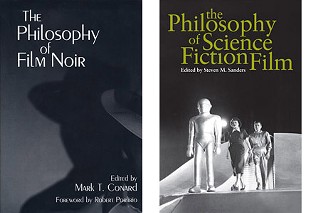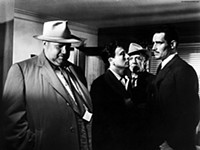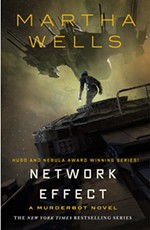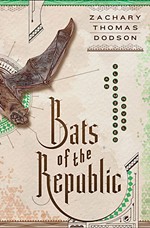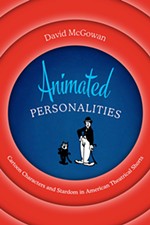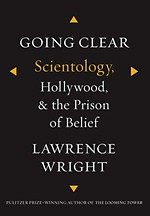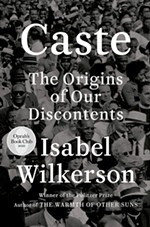Books from the University Press of Kentucky's Philosophy of Pop Culture series
Mark T. Conard
Reviewed by Joe O'Connell, Fri., Dec. 28, 2007
The Philosophy of Film Noir
edited by Mark T. ConardThe University Press of Kentucky, 248 pp., $24.95 (paper)
The Philosophy of Science Fiction Film
edited by Steven M. SandersThe University Press of Kentucky, 232 pp., $35
How could any true film nerd resist a book with a chapter titled "Symbolism, Meaning, and Nihilism in Quentin Tarantino's Pulp Fiction"? That and the arguments that both Tarantino's pop-culture references and the flickering movie theatre itself have become the new American church swirl around The Philosophy of Film Noir, a tome that is sometimes fussily academic but often deeply fun in an admittedly dark, morose, alienated way. In other words, it's 100% noir, the film genre generally held to have begun with The Maltese Falcon and ended with Touch of Evil. (Pulp Fiction fits in the neo-noir realm of later films that pay homage to the canon.) We're talking World War II and its aftermath, a time of brooding disenfranchisement in the crumbling city. Yes, noir owes its roots as much to gritty, pulpy hard-boiled writers like Dashiell Hammett, from whose book The Maltese Falcon was adapted into the film; James M. Cain; and Raymond Chandler.
Does it also deserve a tip of the hat to philosophers like Martin Heidegger and Friedrich Nietzsche? You bet, the authors in this essay collection contend, as they duke out such ideas as reason vs. passion (how much does Sam Spade hurt inside?) and morality vs. tragedy. It's the sort of glorious, endless debate that the cineaste is clamoring for at a coffee bar near you. Plus, it's a lot of fun. Consider the story of Edgar G. Ulmer, the German immigrant who was cast out of Universal in the Thirties after having an affair with the wife of studio head Carl Laemmle's nephew and blackballed from then on. For less than $20,000 he made 1945's Detour, about a man bathing in the evil tide of fate as he hitchhikes to reconnect with the woman he loves, who has herself vamoosed to the fabled California. Is the film Ulmer's statement about the failed American dream? Does it echo the hazily Marxist Frankfurt school of philosophy? Does this have you grabbing for another latte? This is the book for you, filmic friend.
It's part of the Philosophy of Popular Culture series from the University Press of Kentucky, which also includes recent release The Philosophy of Science Fiction Film. The latter contends that science fiction is the only film genre truly centered on the question of what it means to be a human being. Covering a much broader time frame, the book is organized less by ideas than by discussion of particular films ranging from Metropolis to The Matrix. The two books meet over Blade Runner, which is described as a "future noir." The burning question: Is Rick Deckard human or replicant? Grab a fresh cup of coffee. Discuss.





